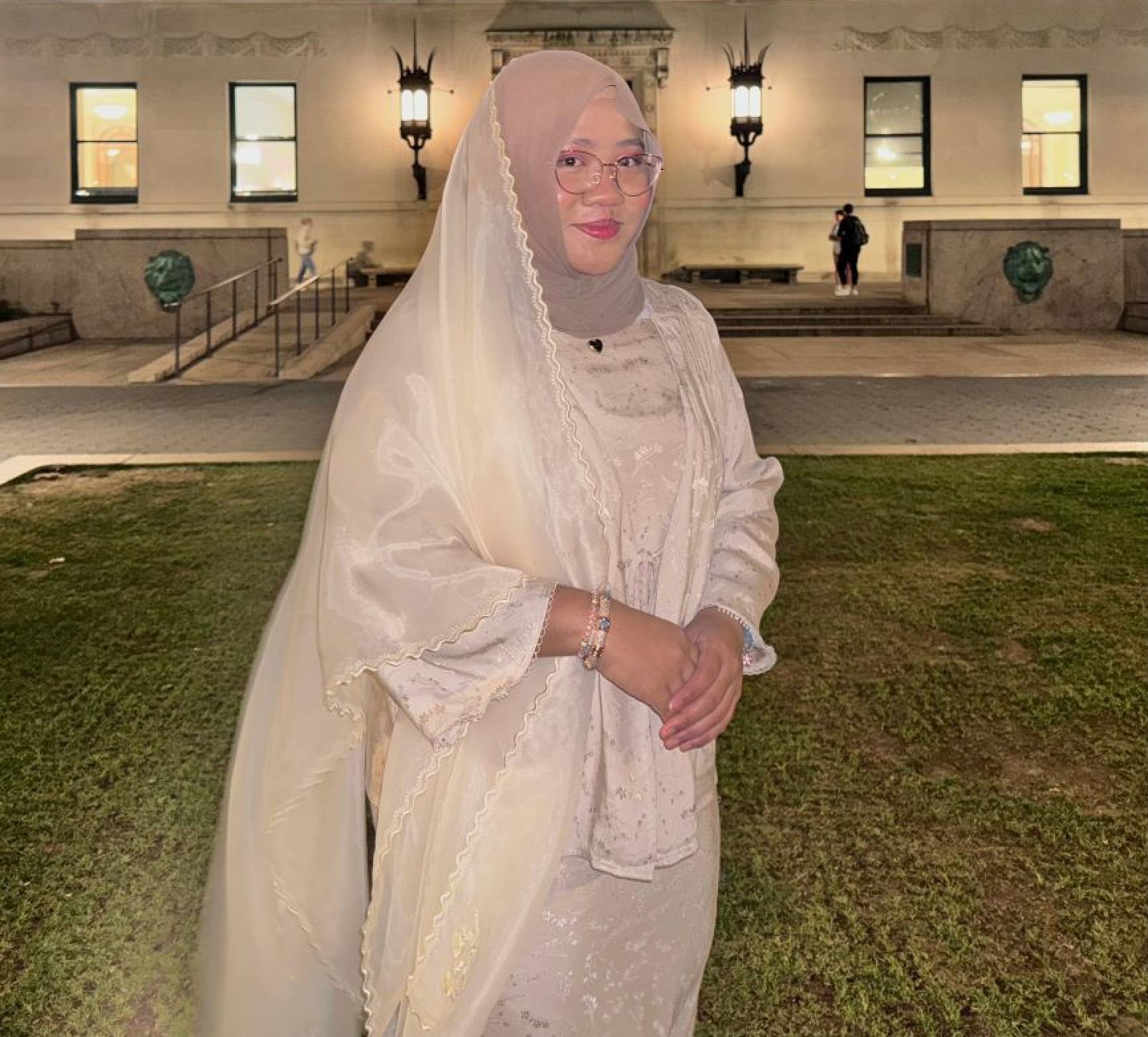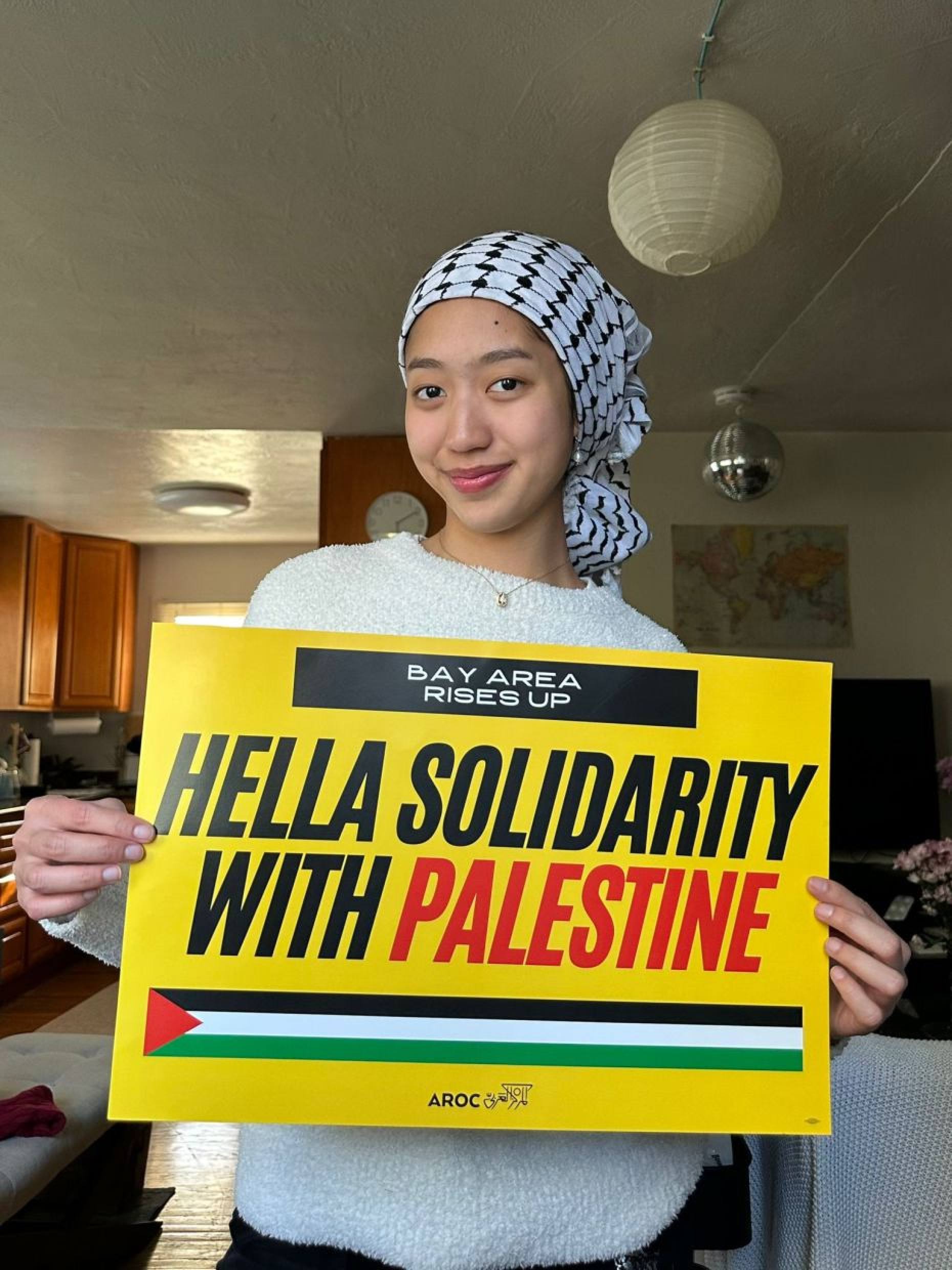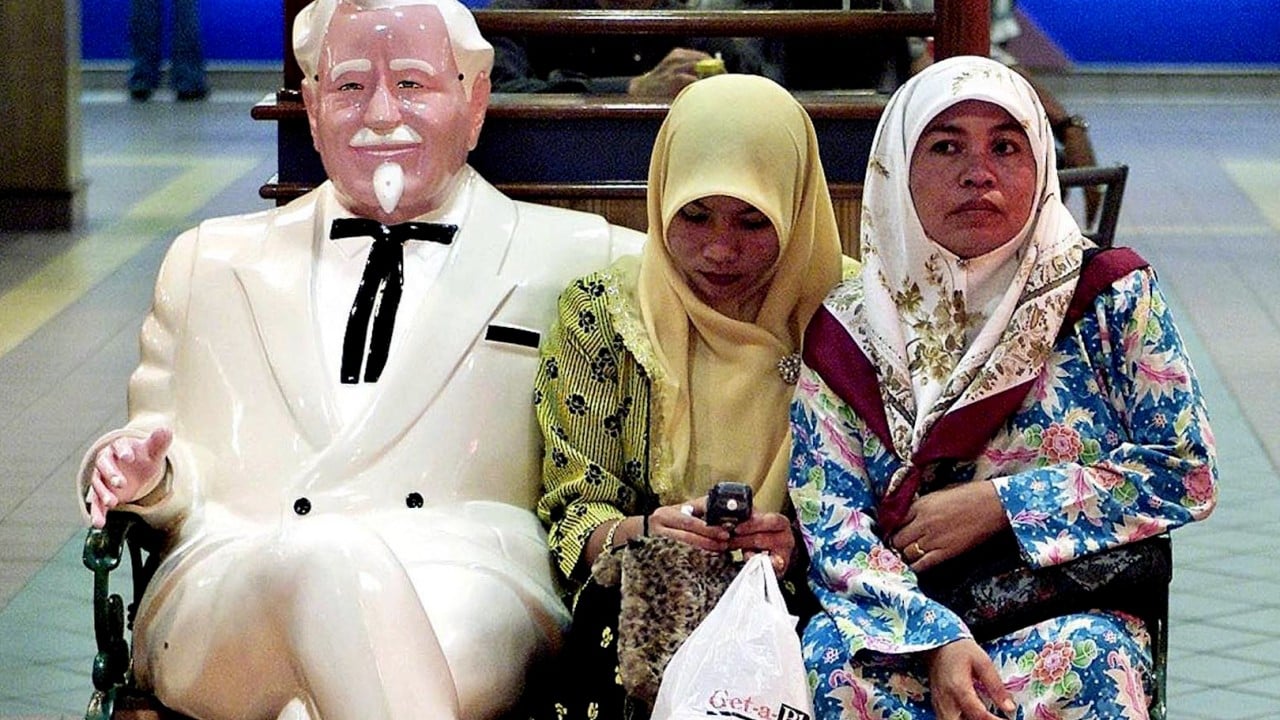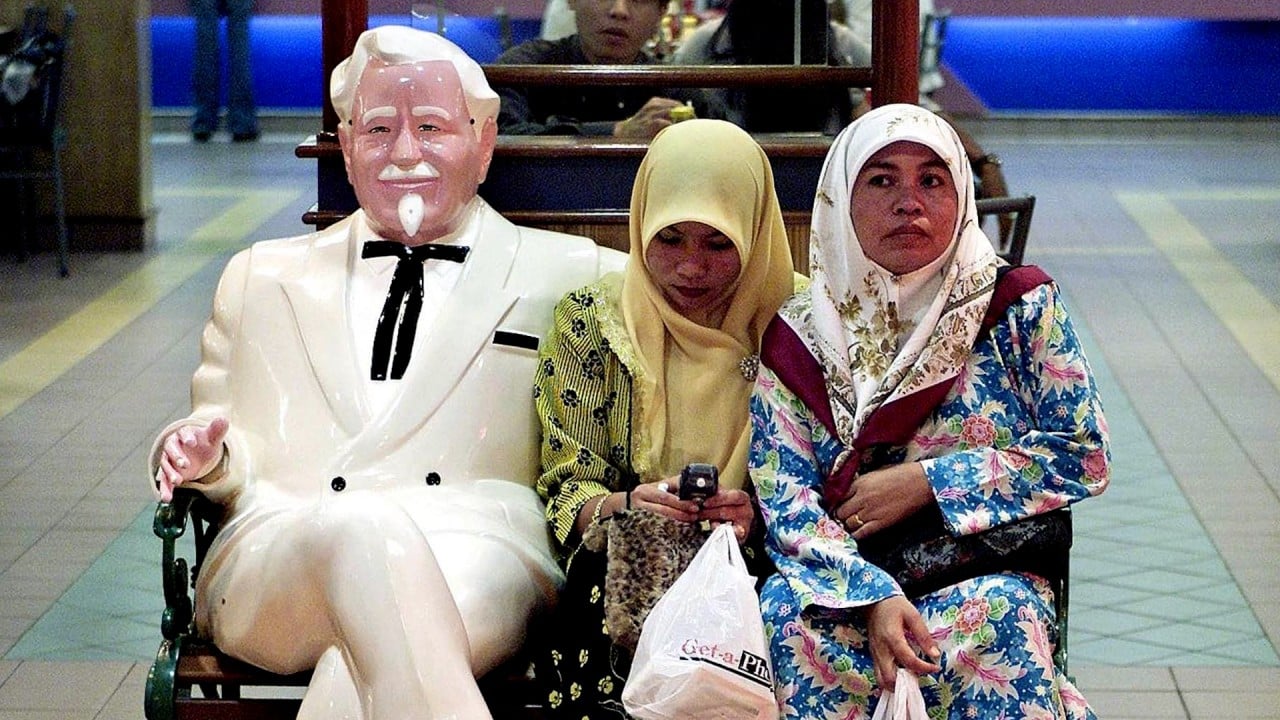Israel-Gaza war: Malaysian students in US face prejudice, name-calling as protests sweep university campuses
Malaysian students in universities in the United States are facing disruption to their campus lives with the eruption of pro-Palestinian protests.
Some have even been harassed, with many having names called.
Azida Ahmad Azmi, a graduate student at Columbia University, New York, said the escalating situation seemed hard to avoid, especially in her campus where the first protest broke out.
“The encampment [at my university] started around a week ago. I know two friends who were arrested,” said Azida, sharing her first-hand account of being surrounded by the turmoil.
“The protests have definitely [had] a huge impact on how my classes are conducted.
“The university has announced that all students are now allowed to attend classes virtually as the campus has heavy NYPD (New York Police Department) presence which intimidates students.
“A lot of final [sit-down] exams have also been converted into take-home finals,” said Azida, who has been observing the protests and taken photos as part of her photojournalism portfolio.
US professor accuses Malaysia of advocating ‘second Holocaust’ during lecture
US professor accuses Malaysia of advocating ‘second Holocaust’ during lecture
Almost 50 universities in the US, many of them Ivy League institutions, have seen pro-Palestinian demonstrations, including Columbia University, University of California Los Angeles, Yale University, Harvard University and the Massachusetts Institute of Technology.
AP reported that over 100 people were arrested in Columbia University on April 18.
So far, over 1,000 people have reportedly been arrested nationwide.
Protesters are demanding for a ceasefire in the conflict in Gaza as well as for the university authorities to financially divest from Israel.
Some universities have warned protesters against encamping on school property, and even threatened expulsion.
The plight of Palestinians is an issue close to Malaysians’ hearts but what was unexpected is the wave of support for their cause that has swept through several high-profile campuses in the US.

Azida, who wears a hijab, said it is very visible that she is a Muslim.
“It does scare me when I walk to campus from my apartment,” she said.
Fortunately, for Azida, who is majoring in negotiation and conflict resolution, her professors have been very accommodating due to the situation.
“They ask if we need extensions, if we need a space in class to talk about what’s happening on campus,” she said.
Inas Anwar, vice-president of the Malaysian Student Association at the University of California, Berkeley (UC Berkeley), said students who wear a hijab, turban or keffiyeh face the same prejudice.
“It’s taken a lot of unlearning for me to finally feel confident wearing the keffiyeh proudly in different spaces on campus and to be loud about my stance on Palestinian liberation,” she said.
Inas, who took part in other protests on campus before, said in contrast to the serious issues at stake, the student encampments have a “very vibrant” atmosphere.
“There are movie screenings, speeches [and] dances,” she said, adding that there are also coordinated efforts to collect supplies and necessities for the encampment.

While campus activity at UC Berkeley has not been interrupted, Inas said some students have chosen not to attend classes in another form of protest.
“The university has taken quite a reserved stance. The administration released a few disappointing statements that criticise ‘antisemitism’ and completely miss the point of the demonstrations,” she said, adding that there are many Jews on campus who support Palestinian liberation.
Muiz Mustamir, a second-year undergraduate at UC Berkeley, said he supported the cause by donating to the student encampment.
The university, he said, is taking a neutral stance and avoiding any exacerbation of antisemitic views.
“One of the main demands [from student protesters] is for the university to break its silence on the conflict,” said Muiz, adding that protesters have also been pressuring UC Berkeley to financially divest from Israel.
Furore in Malaysia over PM Anwar’s ‘threats’ after Forest City casino report
Furore in Malaysia over PM Anwar’s ‘threats’ after Forest City casino report
Many Malaysian students said they have also been in contact with officials and their sponsors from Malaysia about the situation.
Muiz said his student chat group had received an informal text, advising them to prioritise their safety and avoid the risk of suspension from their universities or arrest.
Despite the escalating situation, Azida, Inas and Muiz intend to remain in the US until their studies finish in 2025 and 2026, respectively.
Tur Chung, a PhD student in deaf education and Fulbright scholar at the University of Tennessee, said there were no protests at his university, adding that many are preoccupied with end-of-semester exams.
While he does not follow news about the protests, he advised those taking part in protests to refrain from violating university regulations.
“The university can’t stand with [student] protests for a long time,” he said, stating that certain stakeholders give massive amounts of money to sponsor scholarships, activities and programmes.
“Without sponsorships, the universities cannot thrive [or run] any programmes.”
This story was first published by The Star



